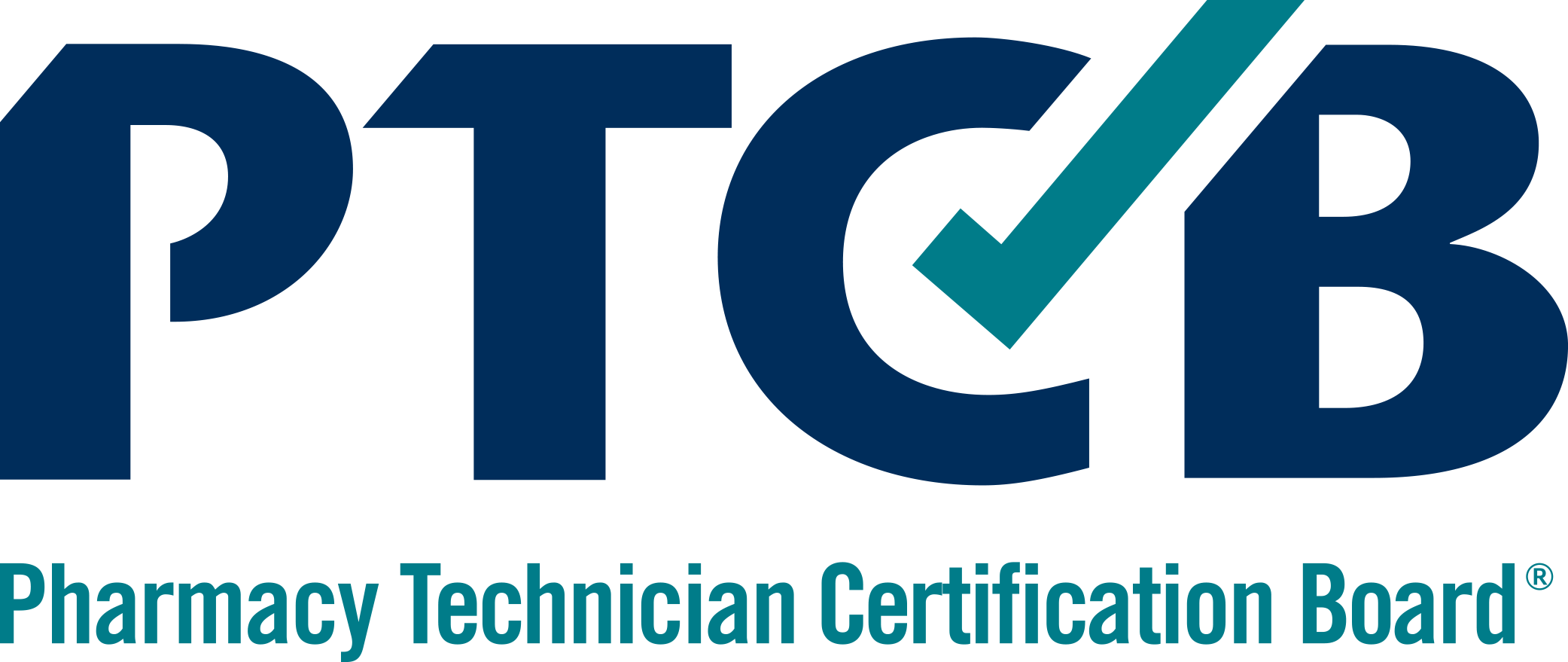
- February 2019 Heart Health
- Volume 85
- Issue 2
Ohio Updates Its Technician Regulations

For techs already employed, required registration with the state board of pharmacy by April 2018, either as a certified or registered tech.
Ohio, in 2018, implemented changes in pharmacy technician requirements for registration and scope of practice. For techs already employed, this required registration with the state board of pharmacy by April 2018, either as a certified or registered tech. Both registrations require a tech to be 18 years of age and have a high school diploma or GED. Registered techs have limitations within their scope of practice.
In addition, a criminal background check must have been completed no more than 24 months prior to the application submission,1 and all techs must renew every even-numbered year. In addition, the Ohio State Board of Pharmacy may now refuse renewal or restrict, revoke, or suspend a registration.
New techs who were not employed prior to this rule may register with the board of pharmacy as trainees. That registration is useful for tech students who are finishing experiential training or school and for techs who are not working at the time of registration. A trainee registration is valid for 1 year, at which time the certified or registered registration must be completed.1 Trainees must also be 18 years of age and have a valid high school diploma or GED or have been grandfathered in before 2009 as a tech practicing without those. Trainees are generally permitted a similar scope of practice as registered techs, except for being able to compound sterile products.
The table shows some differences among certified and registered pharmacy technicians and trainees.1
Also changing in 2019 is the educational requirement for registration in Ohio. For techs who were working when registration began, the pharmacist for whom the tech works completed an attestatioform confirming that the tech had met requirements for education and training. In April 2019, a tech registering as certified must have completed an accredited training program through the armed forces, the American Society of Health-System Pharmacists, or an approved board of pharmacy public high school program or employer-based training program prior to registration.2 If a tech maintains an Exam for the Certification of Pharmacy Technicians (ExCPT) or Pharmacy Technician Certification Board (PTCB) certification, they are exempt from a didactic requirement but not the mandatory practical experience training.2
Ohio’s move is a step in the right direction for expanding the role of techs practicing at the top of their certification. There are 23 states that regulate and require a national certification for techs and 22 that regulate techs without the national certification requirement. Five states (Colorado, Hawaii, New York, Pennsylvania, and Wisconsin) do not regulate techs, except for an age requirement of 18 years.
Meanwhile, the national exams for certifications have undergone changes as well. The ExCPT was updated in 2018. The new test format captures the latest shifts in the profession and expanded content.3
Additionally, the PTCB said that 2 changes will go into effect on January 1, 2020. The first is an update on the education and eligibility requirement to apply for the Pharmacy Technician Certification Exam (PTCE). To take the PTCE, a tech must now have completed a PTCB-recognized education program or have a minimum of 500 hours of work experience. The second change is an update to the test content.'
References
- FAQ — pharmacy technician registration overview. State of Ohio Board of Pharmacy website. pharmacy.ohio.gov/Documents/Licensing/PTech/General/Pharmacy%20Technician%20Registration%20-%20Frequently%20Asked%20Questions.pdf. Updated April 21, 2018. Accessed January 17, 2019.
- Approved Pharmacy Technician Training Programs — FAQ. State of Ohio Board of Pharmacy website. pharmacy.ohio.gov/Documents/Licensing/PTech/Training/Pharmacy%20Technician%20Training%20Programs%20-%20Frequently%20Asked%20Questions.pdf. Updated November 19, 2018. Accessed January 17, 2019.
- NHA ExCPT exam. CDN2 Hubspot website. cdn2.hubspot.net/hubfs/1430252/collateral/excpt/AHMARK10194_NHA-Pharmacy-Whitepaper%20%20%20%20%20%20%20%20%20%20%20%20%20%20%20.pdf. Published 2017. Accessed January 17, 2019.
Articles in this issue
almost 7 years ago
Are Enhanced Criminal Penalties Warranted?almost 7 years ago
Product and Container Label Changes May Cause Confusionalmost 7 years ago
Cracking Down on Pill Mills Is Painstaking Work (Part 1)almost 7 years ago
Is CREATES a Solution to Rising Drug Costs?almost 7 years ago
Pharmacy Focuses on Family, Technologyalmost 7 years ago
Vaccinations Promote Heart Healthalmost 7 years ago
Can You Read these Rxs? (February 2019)almost 7 years ago
Refill Medication Counseling Aids Vulnerable Patientsalmost 7 years ago
Carefully Assess Opioid Drug Interaction Risksalmost 7 years ago
OTC Case Studies: High Blood PressureNewsletter
Stay informed on drug updates, treatment guidelines, and pharmacy practice trends—subscribe to Pharmacy Times for weekly clinical insights.


























